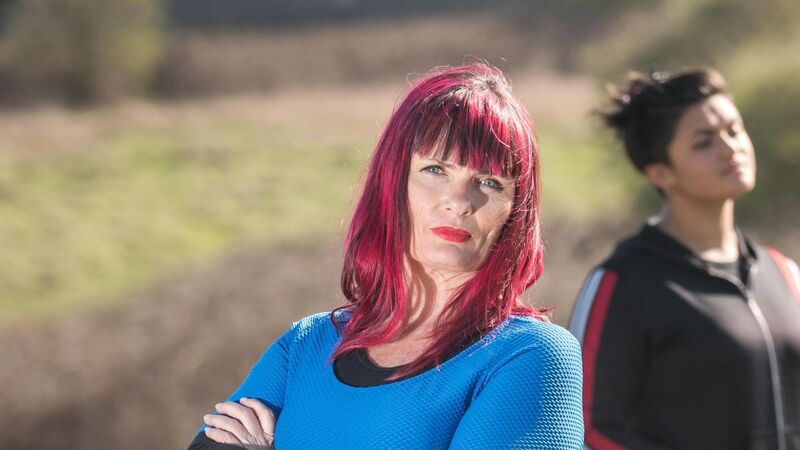Suzanne Harrington: What's the point of isolation if it's killing us?

The dog is on paracetamol again from all the lockdown walking – like the rest of us, she’s worn out, but won’t give up.
The pile of compulsively purchased lockdown books threatens to topple like a giant Jenga tower, as the path to the front door wears ever thinner from the feet of delivery drivers.






